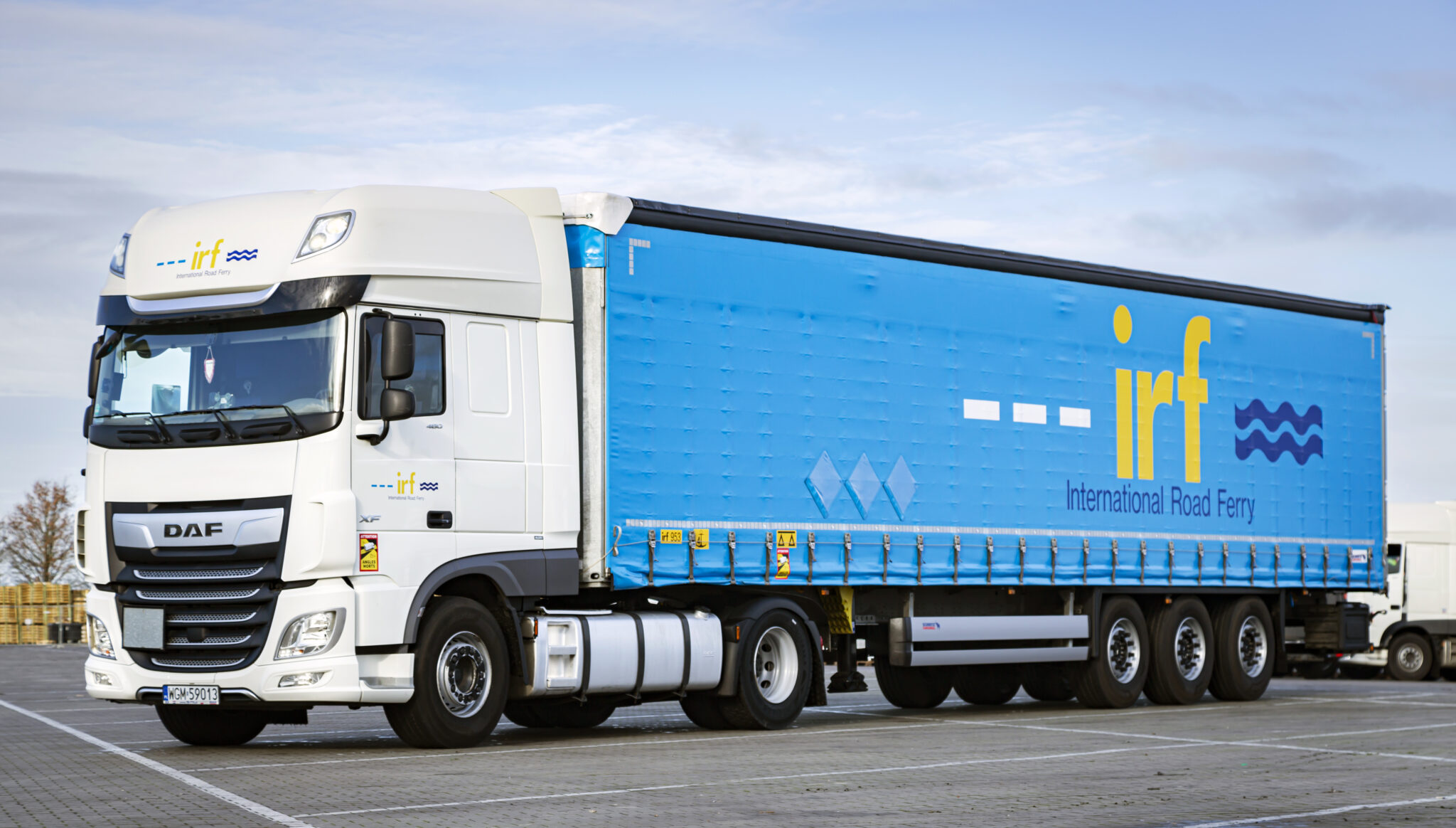What added value do digital logistics intermediaries provide, under what framework, and how do they interact with customers? Argentinian writer Gino Baldissare reports.
Technology is nowadays disrupting business more than ever, and international trade is not an exception. Digitalization of documents, as well as blockchain-based solutions for many responsibilities and functions, is one of the main boosters of that disruption.
What hub ports and airports mean to physical transportation, digital logistics platforms mean for all the information related to that transportation. It is in this scenario where new kinds of suppliers transform the concept of a logistics intermediary.
Who are the customers and what they can do?
The main concept behind these digital services is the possibility of managing all the necessary documents and data with multiple parties in one single platform. The market segment includes mainly freight forwarders, shipping lines, exporters, importers and customs brokers; each one of them making use of different services, as their roles in the global supply chain are different.
In terms of data and documents, we can identify three groups of functionalities:
· Assemble: generation and management of compliant shipping and trade information.
· Exchange: legal transfer and presentation of original electronic title documents.
· Storage: a full-time available information repository with comprehensive audit logs.
Digital Logistics
In practice this means, for example, that all events related to electronics Bill of Lading (eBL) or Certificate of Origin (eCOO) are identical to the paper process, but signing, attaching, sealing and transferring are now tasks replaced by some clicks in a digital platform.
How does this adds value to the business?
· Better service to customers: using electronic documents allows to save time in managing tasks like amendments, replacements and re-issues, as well as reduces potential delays, errors and risks.
· Blockchain: as most of these platforms are blockchain-supported, all data and documents managed through them get benefits like source and ownership validation and transparency; which is critical when title documents are involved.
· Audits: a complete document storage accessible anytime and anywhere, improved by blockchain advantages; thus becoming a key point at the moment of, for example, Customs audits.
· Cost-effective: due to it being faster and cheaper to send documents digitally, there are real gains in costs and time, avoiding potential detention and demurrage charges.
How does it collaborate with customers?
One of the most important points is how the user interacts with these digital logistics platforms, flexibility being a key word. It has to do not only with streamlined processes and intuitive interfaces, but also with access and integration.
· Web-based: this involves minimum cost and investment, as no software installation is needed, nor integration required. The access is made in seconds through user and password, and the whole experience relies on a cloud-based web portal.
· Integrated: this enables interoperability through API for integration with existing in-house business and third party applications (carriers’ back-office systems, corporate ERPs and blockchains, etc.) to manage all kind of tasks. For example eBL events, such as notifications, title transfer, amendment and surrender.
Legal Framework and Standards
Like any other business field, in this sector the government regulations, at national and supranational level, are mandatory despite what it is required by private players in the market. In addition, there are some carriers, shippers and trade industry standards that are recommended to be met in order to become a provider.
Therefore, the technology behind these digital logistics platforms (security architecture, data-centres, information services, etc.) must be in compliance with different standards and regulations.
· Comite Maritime International (rules for Electronic Bill of Ladings)
· Rotterdam Rules (UN Convention on Contracts for the International Carriage of Goods)
· UNCITRAL (Model Law on Electronic Transferable Records)
· International Group of P&I Clubs: they insure most of the ocean cargo and vessels. Therefore, a shipment under an eBL issued by a system approved by these clubs can have their coverage.
· ISO 27001 (assurance, confidentiality and integrity of information and the systems that process it)
· General Data Protection Regulation (GDPR)
· SSAE16 Auditing Standard
· Disaster Recovery (DR): capability to ensure that the primary production datacentres can continue working even in the case of damages caused by major disasters.







